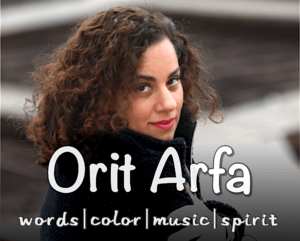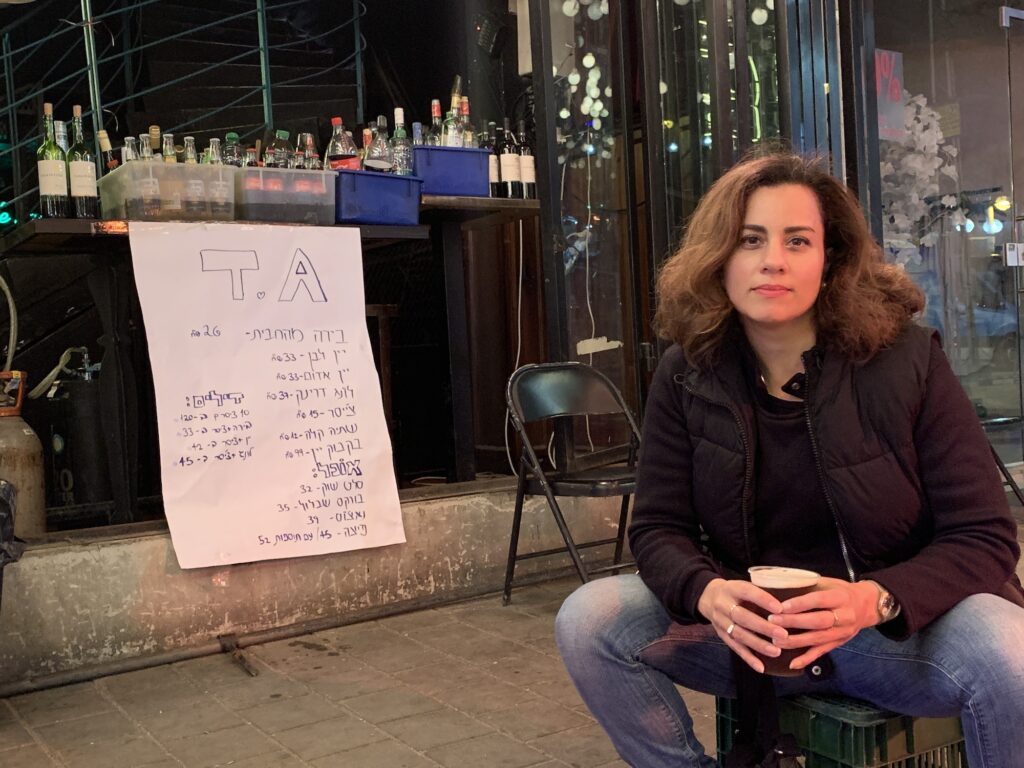Jerusalem Post/March 25, 2021
Toward the end of Israel’s third lockdown, the famed Haoman 17 nightclub in Florentine looked like a massive art installation paying tribute to Tel Aviv’s internationally celebrated nightlife scene.
Barely a foot has tread on its dance floor since the lockdowns began. Instead, dirt and dust dance on the floor, bars and cocktail glasses, while the massive machinery – sound and lighting systems and DJ equipment designed to crank up a gyrating crowd until wee hours of the morning – stand forlorn, like the haunted objects longing for someone to be our guest. Instead of buff bouncers, trash and stray cats guard the club entrance.
The image of half-naked strangers rubbing up against each other in smoky air under the spell of house or trance music seems like something once only seen in movies.
While on March 7, Israel rolled out the Green Pass system to enable its holders to dine inside restaurants and drink at bars, nightclubs and dance bars have still been left behind. Dancing at a nightclub is still considered too close for comfort, literally.
Israeli nightlife pioneer Ruben Lublin, owner of Haoman 17 and party-producer extraordinaire, can only sit idly at his desk or on his sofa and wait.
“I’ve been a year in the house watching Netflix,” he said from the eerily empty Haoman 17 offices.

